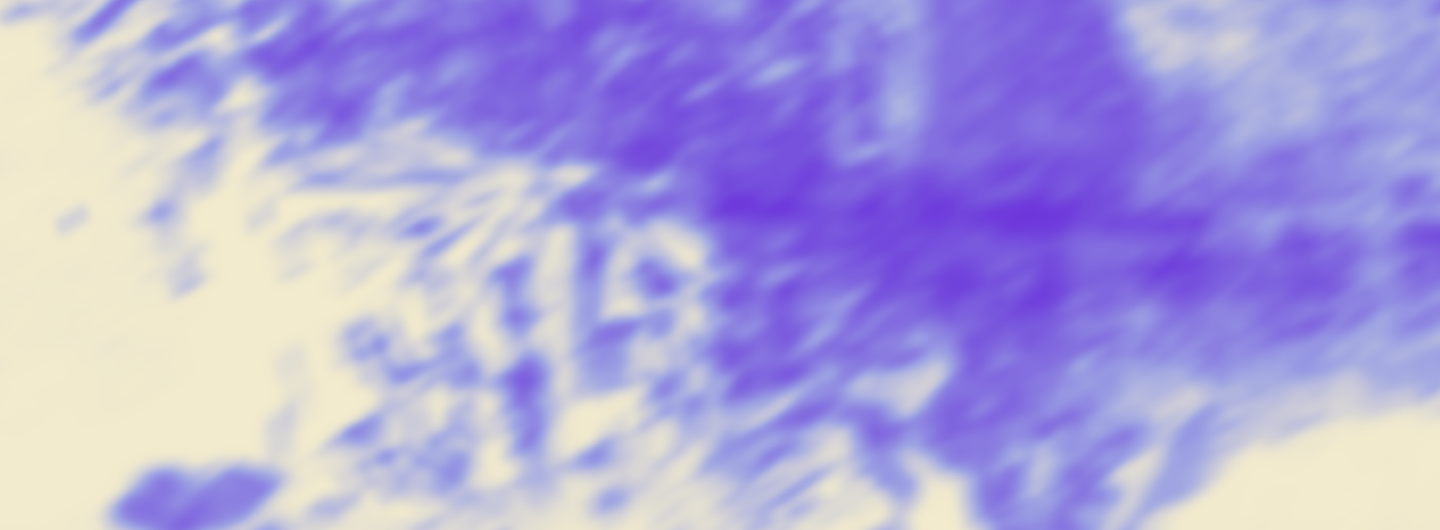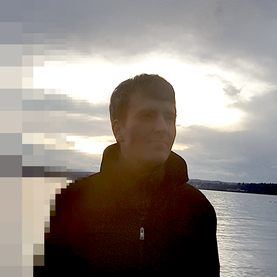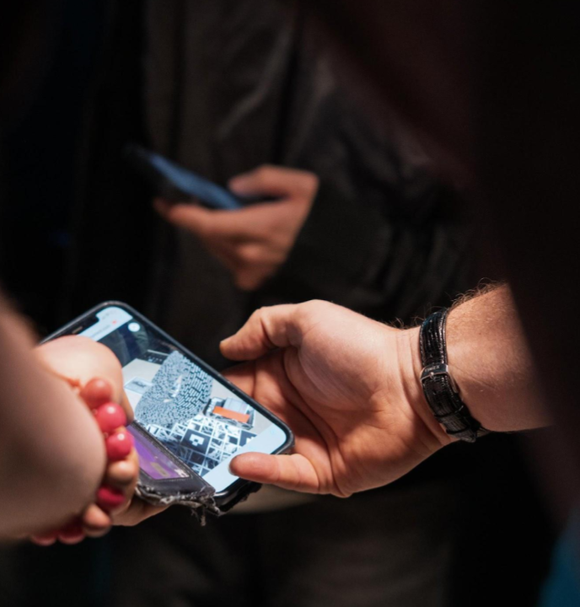
Key details
Location
- Battersea
-
Royal College of Art
Battersea
SW11 4NL
Price
- Free
Who can attend
- Everyone
Type
- Conference or symposium
How can immersive experiences and technologies support communities to develop shared practices and shape more just and equitable worlds?
Symposium overview
Immersive Acts: Disrupting the Frame by Otherwise Narratives invites contributions that investigate how diverse perspectives and intelligences can be combined with immersive experiences to positively reframe responses to planetary and societal concerns.
Welcoming transdisciplinary and pluralistic forms of enquiry, the symposium will explore how immersive methods, technologies and engagements can be used to address urgent contexts and support equitable and sustainable engagement through creative and critical practice. Contributions that foreground accessible, collective and radically inclusive approaches are particularly encouraged, with an emphasis on those that otherwise query the conceptualisation, perception, terms, modes and impact of immersive experiences.
Symposium tracks
Immersive Acts symposium is structured around three thematic tracks:
Track 1: More-Than-Human Realities
Led by Dr Carolina Ramirez-Figueroa, this track explores immersive experiences that reframe relationships between humans, more-than-human, and ecological systems, foregrounding multispecies perspectives, non-anthropocentric narratives, and alternative modes of sensing, knowing, and being.
Track 2: Sustainable and Justice-Led Immersive Responses to Crisis & Emergency
Led by Lena Dobrowolska this track examines how immersive technologies can be mobilised to address climate, environmental, inequality, and human rights crises, while foregrounding civic agency, co-creation across human and ecological communities, and pathways beyond extractive systems toward regeneration and systemic transformation.
Track 3: Immersive Innovation Design: Bodies, Sensors, and New Narratives
Led by Dr Bjorn Sommer, this track is investigating immersive frameworks as tools for design, prototyping, and speculation, from emerging hardware, and software to new forms of embodiment, inclusive design, and socio-technical futures.
Schedule overview
Over two days, the Immersive Acts Symposium presents a diverse programme of keynote presentations, plenary talks, and panel discussions, alongside demo exhibitions, screenings, sound installations, performances, workshops, and live immersive and interactive works, industry talks and networking opportunities
Schedule timetable
View the full schedule (Google sheets)
Registration
Book your free tickets via Eventbrite. Some immersive sessions require additional booking due to limited capacity.
Location and practical information
The symposium will take place across the Hangar Space, Studio Building, Snap Visualisation Lab (Vis Lab), Stage Space and Gorvy Lecture Theatre at the RCA Battersea campus. A campus map showing all buildings is available here. Access guides are available for both the Rausing Building and the Studio Building. We kindly ask that you arrive at the registration desk in the Rausing Building at least 5–10 minutes early. If you are no longer able to attend, please cancel your ticket so that others may register in your place.
About the organiser
The symposium is organised by Dr Carolina Ramirez-Figueroa, Lena Dobrowolska, Dr Bjorn Sommer and Tom Simmons with support from Shira Wachsmann, Nirit Binyamini Ben-Meir, Julita Mahrer Viñas and Jerry Lin, Julita Mahrer Viñas and members of Immersive Acts Research Group. The symposium’s visual identity was developed by Jane Lee.
Immersive Acts Research Group is a research initiative between the School of Communication and the School of Design at the Royal College of Art that aims to foster transdisciplinary dialogue, practice-led experimentation, and shared learning around immersive environments and the emerging research methods, tools, and discourses that do not simply represent the world but actively participate in reshaping it.




